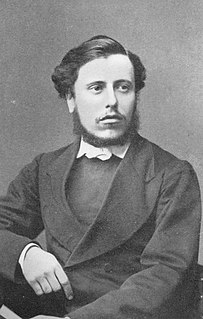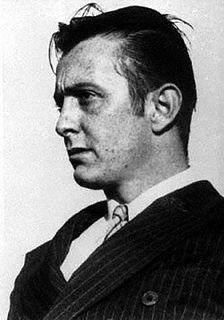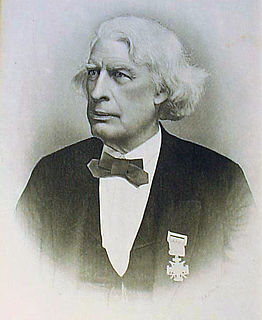A Quote by William Robertson Smith
The myths connected with individual sanctuaries and ceremonies were merely part of the apparatus of the worship; they served to excite the fancy and sustain the interest of the worshipper... no one cared what he believed about its origin.
Related Quotes
Worship is a response to greatness. A man does not become a worshipper merely by saying, "Now I shall become a worshipper." That is impossible. That cannot be done. A man becomes a worshipper when he sees something great that calls forth his admiration or his worship. That is the only way worshippers are made. Worship answers to greatness.
Myths, as compared with folk tales, are usually in a special category of seriousness: they are believed to have "really happened,"or to have some exceptional significance in explaining certain features of life, such as ritual. Again, whereas folk tales simply interchange motifs and develop variants, myths show an odd tendency to stick together and build up bigger structures. We have creation myths, fall and flood myths, metamorphose and dying-god myths.
Similarly, the press never tested many of the assumptions about WMDs. One of the great myths about the WMD issue is that everybody believed Iraq had them. Well, that's not true. There were a number of people in the intelligence community and the State Department who were skeptical, and many analysts in the Department of Energy were dubious about Iraq's nuclear capability. There were also people like Scott Ritter who were saying quite accurately what was going on.
The Kassideans or Assideans...arose either during the Captivity or soon after the restoration...The Essenians were, however, undoubtedly connected with the Temple (of Solomon), as their origin is derived by the learned Scalier, with every appearance of truth, from the Kassideans, a fraternity of Jewish devotees, who, in the language of Laurie, had associated together as 'Knights of the Temple of Jerusalem.'...From the Essenians Pythagoras derived much, if not all, of the knowledge and the ceremonies with which he clothed the esoteric school of his philosophy.




































